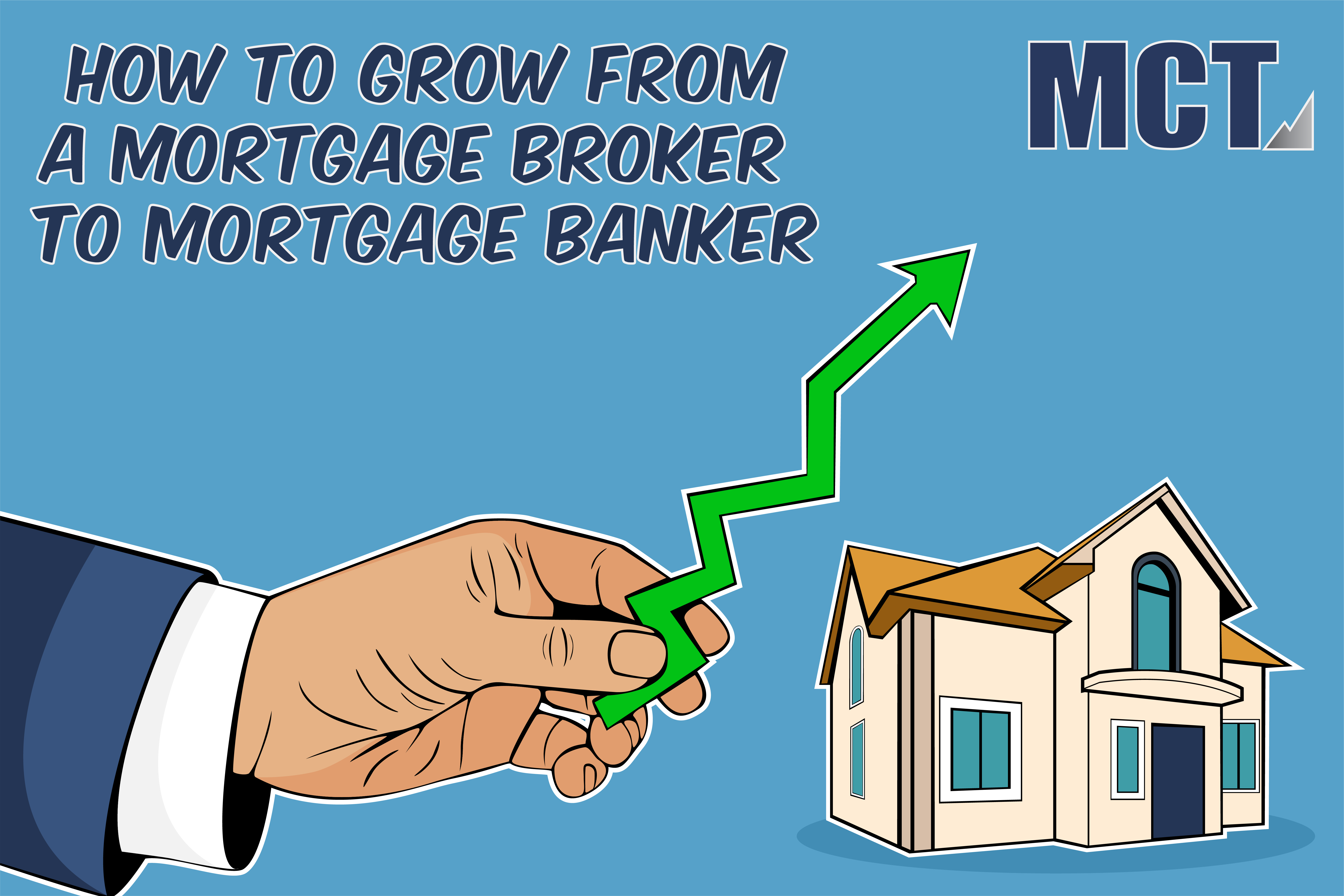Jumbo Loan vs Traditional Loan: Key Differences Explained
Jumbo Loan vs Traditional Loan: Key Differences Explained
Blog Article
Comprehending What a Jumbo Car Loan Entails and Exactly How It Varies From Conventional Financings
Navigating the complexities of big loans reveals a financing choice tailored for those venturing right into high-value actual estate, typically surpassing the restrictions set by the Federal Housing Financing Firm. In contrast, traditional loans are typically a lot more obtainable, gaining from backing by entities such as Fannie Mae and Freddie Mac. The significant risk related to jumbo car loans demands much more stringent credentials requirements, including greater credit history and substantial down settlements. As these two lending kinds accommodate varying economic landscapes, understanding their nuances is critical for making notified choices in the intricate world of genuine estate financing. However just how do you determine which course finest matches your economic strategy?
Meaning of Jumbo Loans
Jumbo finances are a kind of mortgage that exceed the adapting car loan limitations set by the Federal Real Estate Finance Agency (FHFA) These lendings cater to borrowers who require to finance buildings that are extra expensive than what standard lending limits allow. The FHFA develops annual conforming loan restrictions, and any loan exceeding these limits is classified as a jumbo lending.
Commonly, big financings are used in high-cost property markets where home prices substantially go beyond national averages, such as in metropolitan areas or high-end real estate industries. As these financings are not eligible for purchase by Fannie Mae or Freddie Mac, they lug fundamental threats for lenders because of their bigger dimension and non-conformity (jumbo loan). Lenders often enforce extra strict credentials requirements for jumbo financings than basic conforming financings.
Consumers looking for jumbo car loans must normally show a solid monetary account, consisting of a higher credit rating, durable income verification, and substantial down repayment, typically 20% or even more. In addition, loan providers might require more substantial documents to evaluate the consumer's capability to manage bigger monthly repayments. Recognizing the details qualities of big financings is essential for prospective consumers navigating this section of the home mortgage market.
Standard Financings Overview
While big loans satisfy high-value residential property funding, conventional fundings stand for the even more usual home loan alternative in the housing market. These lendings are not insured or assured by any type of federal government entity, such as the Federal Housing Management (FHA) or the Division of Veterans Affairs (VA) Instead, they are backed by private loan providers and abide by guidelines established by government-sponsored ventures (GSEs) like Fannie Mae and Freddie Mac.
Traditional financings are typically supplied with taken care of or adjustable interest rates and differ in terms of duration, frequently spanning 15 to 30 years. Consumers usually choose standard lendings for their foreseeable month-to-month payments, which can facilitate lasting monetary planning. Additionally, they are readily available for primary houses, 2nd homes, and financial investment buildings, using adaptability to fulfill diverse borrower needs.

Secret Distinctions In Between Financings
At the center of this decision-making procedure are traditional finances and big finances, each possessing unique qualities and serving different borrower needs. Jumbo loans surpass the adhering funding limits set by the Federal Housing Finance Company (FHFA), which vary by area.

Furthermore, the deposit requirements can vary considerably. Big financings normally require bigger deposits, occasionally surpassing 20%, to navigate to this site reduce risk. Standard lendings, alternatively, might allow for reduced down payments, with some programs accepting as low as 3% for qualified customers.
Certification Requirements
Securing a big loan involves try this website meeting a lot more strict qualification demands contrasted to traditional car loans, reflecting the enhanced risk to loan providers. These fundings, which surpass the conforming finance limits set by the Federal Housing Finance Company (FHFA), are not eligible for acquisition by Freddie Mac or Fannie Mae, therefore revealing lending institutions to better monetary risk - jumbo loan. Therefore, customers should demonstrate a high credit reliability and financial security
A durable credit score, normally 700 or greater, is vital for approval. Lenders also expect a lower debt-to-income (DTI) proportion, commonly not going beyond 43%, making certain that consumers can take care of considerable monthly payments together with various other financial responsibilities. A significant cash book is usually required, frequently amounting to 6 months of home mortgage repayments, to assure lending institutions of the consumer's monetary strength.
Deposit expectations are likewise elevated, regularly starting at 20% or even more of the home's worth. While this is a safeguard for loan providers, it demands significant ahead of time capital from borrowers. Furthermore, evidence of regular, adequate revenue is essential, normally confirmed with tax returns, W-2s, and current pay stubs. Freelance individuals might require to supply additional documents, such as revenue and loss statements, to substantiate their earnings stability.
Choosing the Right Funding
When choosing the most suitable funding option,Browsing the complexity of jumbo fundings needs cautious consideration. With the more comprehensive series of choices offered to those seeking big finances, the decision-making process should published here entail a detailed analysis of one's economic account and long-lasting goals. Unlike traditional finances, big financings commonly come with more stringent requirements and varied rates of interest, which demand comprehensive research and a clear understanding of one's monetary standing.
When selecting between different big lending offerings, it is vital to evaluate the finance terms, including rate of interest, payment timetables, and associated charges. Consumers must contrast the rates provided by different lenders to guarantee they safeguard the most beneficial terms. Additionally, recognizing the effects of fixed versus variable-rate mortgages (ARMs) is vital, as each option provides unique benefits and risks depending on market conditions and individual monetary strategies.
Engaging with a monetary advisor or home mortgage broker can give useful insights tailored to specific scenarios. These professionals can assist in browsing the subtleties of big car loans, making sure that debtors are knowledgeable and outfitted to pick a car loan that lines up with their financial goals, eventually assisting in a smoother home-buying process.
Verdict
In recap, jumbo finances act as a monetary instrument for acquiring high-value buildings, requiring strict qualification demands and greater rates of interest due to the elevated threat for lenders. Unlike standard lendings, which adapt FHFA limits and might get backing from Fannie Mae or Freddie Mac, big financings call for a minimum credit rating of 700 and significant down payments. Comprehending these differences is important for consumers in high-cost property markets to identify one of the most suitable finance choice for their demands.
The FHFA develops yearly conforming funding restrictions, and any kind of lending surpassing these thresholds is identified as a jumbo lending.
At the forefront of this decision-making procedure are conventional loans and big lendings, each possessing unique features and offering different debtor requirements.Securing a big lending involves satisfying extra rigorous credentials needs compared to conventional lendings, mirroring the boosted risk to lending institutions. Unlike standard fundings, big lendings frequently come with more stringent demands and varied interest prices, which necessitate extensive research study and a clear understanding of one's financial standing.
Unlike conventional car loans, which adapt to FHFA limits and may obtain backing from Fannie Mae or Freddie Mac, big fundings call for a minimum credit scores score of 700 and substantial down payments.
Report this page